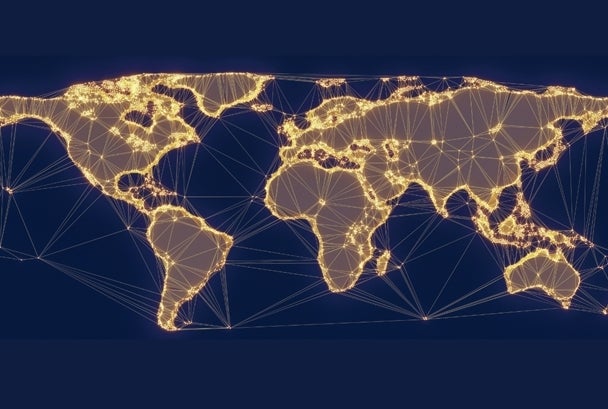
The project, which is a collaboration between National Wildlife Federation, World Wildlife Fund (WWF), Leather Working Group (LWG), and the Gibbs Land Use and Environment Lab (GLUE) at the University of Wisconsin-Madison (UW), will tackle deforestation and its links to leather supply chains.
The group is united in its goal to support the leather industry to achieve deforestation-free and conversion-free (DCF) supply chains, by providing support for companies to shift to DCF leather supply chains through strengthening and building on existing commitments. The collaboration will also provide assistance for companies to engage their supply chain partners to foster a shared vision, including making time-bound commitments aligned with the Accountability Framework initiative (AFi), and following through with tangible implementation.
“We are facing a climate crisis on top of a biodiversity crisis and deforestation is at the centre of both. Implementing deforestation-free production and sourcing practices is a critical part of the solution and it will take collective action from companies up and down the value chain to achieve this goal,” Simon Hall, director of the Tropical Forests and Agriculture programme at the National Wildlife Federation explains.
The project will engage the knowledge and experience of the team from the Gibbs Land Use and Environment Lab to map and assess the latest data related to deforestation in the Brazilian Amazon and Cerrado and Paraguayan Chaco. The broader group will then develop a framework to enable stakeholders to interpret the mapped data for use with a due diligence assessment tool for deforestation risk management that LWG will create.
LWG aims to facilitate improved traceability and transparency in the leather supply chain through the LWG Leather Manufacturer Audit and engagement of stakeholders. A key priority for the LWG is working towards full deforestation and conversion-free (DCF) leather supply chains through the due diligence measures that are required as part of the LWG Audit. LWG’s latest audit protocol, P7, has strengthened requirements where skins or hides originate from areas at high risk of deforestation. These are part of incremental requirements that will be driven forward as LWG develops its traceability roadmap.
“The LWG is committed to support its members to understand and address deforestation in leather supply chains. It is crucial that we do this in an inclusive way that provides accurate data and tools to leverage positive change,” Christina Trautmann, programme manager for the LWG says.

US Tariffs are shifting - will you react or anticipate?
Don’t let policy changes catch you off guard. Stay proactive with real-time data and expert analysis.
By GlobalDataShe adds: “By prioritising our traceability work and working in partnership with expert partners such as the National Wildlife Federation and WWF, the LWG is forging a path for the leather sector to address the rallying call of the climate crisis.”
The project will serve as the basis for a gap analysis by which companies will then be able to align with LWG’s roadmap with clear targets and actions to fulfil the goals of their DCF commitments. The LWG is currently developing its traceability roadmap and plans to publish this in early 2022.
This work aims to bring further transparency to the regions in focus and serves as an open invitation to encourage all stakeholders, from brands to leather manufacturers to meatpackers, to engage more on collective solutions that can help secure deforestation-free sourcing of leather.



